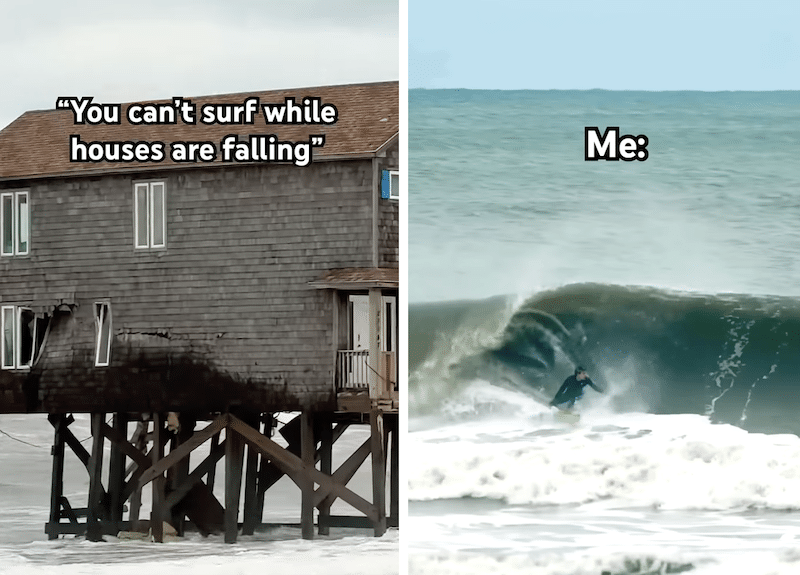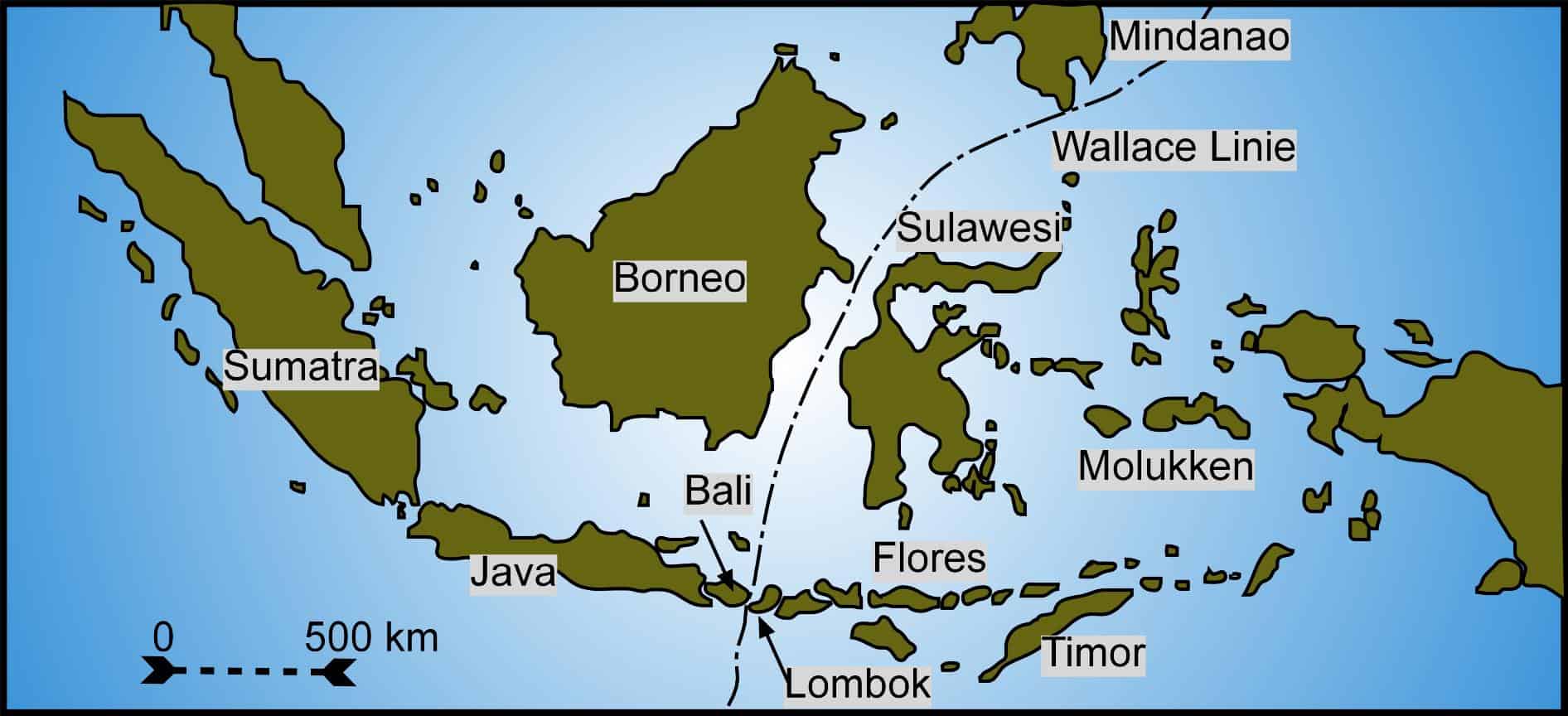
The world of surfing is witnessing a paradigm shift, as young New Jersey surf prodigy Cruz Dinofa defies long-standing conventions. Recently, Dinofa made headlines by surfing amidst collapsing houses on the coast of North Carolina, challenging the age-old adage, “You can’t surf when houses are falling.”
For generations, surfers have adhered to this belief, passed down through the decades from the beaches of Malibu in the 1950s to the shores of Rio de Janeiro in the 1990s. However, Dinofa’s daring act has sparked a wave of debate and admiration within the surfing community.
Breaking the Surfing Myths
Surfing has always been steeped in tradition and lore, with unwritten rules guiding the sport. The notion that surfing should cease when houses fall has been a widely accepted truth. Yet, Dinofa’s recent escapade has shattered this myth, prompting surfers worldwide to reconsider other long-held beliefs.
As philosopher Arthur Schopenhauer once noted, “The discovery of truth is prevented more effectively by preconceived opinion, by prejudice.” Dinofa’s bold move exemplifies this sentiment, as he paddled out and caught waves amidst the debris of a recently collapsed stilt house, changing the narrative of what is possible in surfing.
Koa Smith’s New Venture: A Spiritual Awakening
While Cruz Dinofa is redefining physical boundaries, another surf icon, Koa Smith, is exploring the metaphysical. Smith, renowned for his prowess at Cloudbreak and Skeleton Bay, has launched an online wellness program aimed at helping individuals reconnect with their true selves through ancient practices.
Smith’s program, available for $29 per month, promises to guide participants through breathwork, meditation, and other techniques to achieve clarity and awareness. In a message to his 325,000 Instagram followers, Smith described the initiative as “a lighthouse for so many who feel lost, disconnected, or want more magic in this life.”
“This isn’t about telling you how to live your life. This is about creating fertile ground for you to rediscover and reconnect with who you truly are through ancient practices that we’re all born with,” Smith explained.
Surfing Politics: Power and Ambition in Brazil
Meanwhile, in Brazil, the Circuito Banco do Brasil de Surfe – Imbituba is drawing attention for its unique blend of competition and politics. Among the participants in a special “ex-pro surfer heat” is Michell Peninha, the town’s mayor, who has never surfed professionally. This move has sparked discussions about power dynamics and ambition within the surfing world.
As the mayor takes to the waves alongside former stars like Renan Rocha and Jacqueline Silva, surf fans are left to ponder the implications of political influence in sports. Will Peninha’s constituents cheer him on, or will they question the motives behind this power play?
Charlie Kirk’s Controversial Legacy
In a different realm of public discourse, conservative commentator Charlie Kirk’s recent death has ignited a debate over his legacy. Known for his outspoken views, Kirk was critical of the Biden administration’s response to the Maui fires and the local traditions he believed contributed to the disaster.
Kirk’s critiques of what he termed “pagan Hawaiian culture” and “wokeism” have drawn both support and condemnation. His untimely death has further polarized opinions, with some painting him as a hate-spewing figure, while others defend his right to express dissenting views.
“Maui did not have to burn. They didn’t believe such wacky, goofy, pagan stuff,” Kirk stated, highlighting his belief in the dangers of certain cultural practices.
The discourse surrounding Kirk’s life and death underscores the ongoing struggle for acceptance of diverse perspectives in media and society.
As Cruz Dinofa continues to ride the waves of change, and figures like Koa Smith and Charlie Kirk challenge conventional thinking in their respective fields, the world watches with bated breath. What other foundational myths and beliefs might be reevaluated in the light of new perspectives and bold actions?






